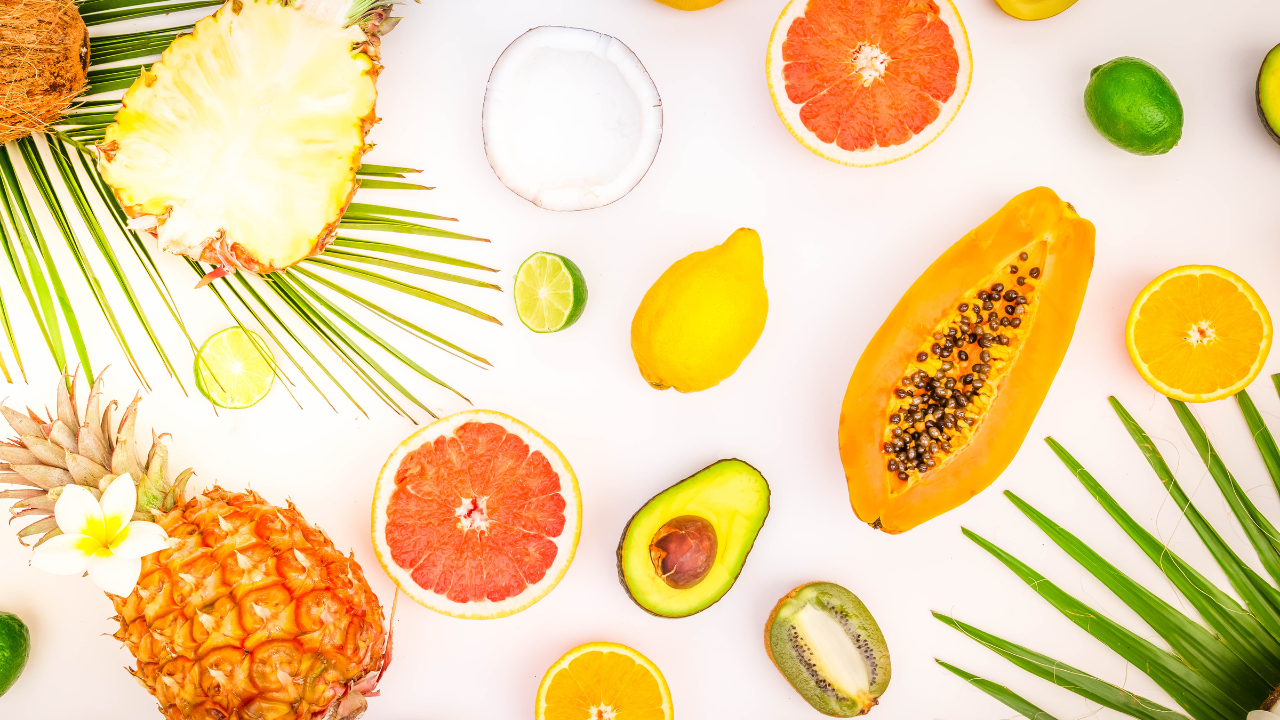The Role of Prebiotics in IBS: Helpful or Harmful?

Prebiotics are often praised as gut health superheroes, fueling the good bacteria in your microbiome. But if you have IBS, you might have noticed that eating more prebiotic-rich foods—like garlic, onions, or asparagus—sometimes leads to bloating, cramping, or unpredictable digestion.
So, are prebiotics actually helpful for IBS, or do they do more harm than good? The answer isn’t one-size-fits-all.
Let’s break down what prebiotics do, why they can trigger symptoms, and how to use them strategically for better gut health.
What Are Prebiotics?
Prebiotics are a type of fiber that feed beneficial gut bacteria, helping them thrive.
Unlike probiotics, which introduce new bacteria into the gut, prebiotics act as “fertilizer,” stimulating the growth of bacteria already present.
Common prebiotic-rich foods include:
- Onions and garlic
- Asparagus and leeks
- Bananas
- Chicory root and dandelion greens
- Whole grains like barley and oats
When broken down in the gut, prebiotics produce short-chain fatty acids (SCFAs), which support digestion, reduce inflammation, and help strengthen the gut lining.
Sounds great, right? Well, for people with IBS, it’s a little more complicated.
Why Prebiotics Can Trigger IBS Symptoms
For some, increasing prebiotic intake improves digestion and gut health over time. But for others—especially those with IBS or SIBO—prebiotics can trigger bloating, gas, and discomfort.
Here’s why:
- Prebiotics ferment in the gut, creating gas as a byproduct. In a healthy gut, this is no big deal. But in IBS, sensitive nerves and altered motility can make this gas painful.
- They feed bacteria—including the wrong ones. If you have SIBO (Small Intestinal Bacterial Overgrowth), prebiotics can fuel excess bacteria in the small intestine, worsening symptoms.
- FODMAP sensitivity: Many prebiotic foods are high in FODMAPs, which are difficult for some IBS sufferers to digest.
Does that mean you should avoid prebiotics altogether? Not necessarily. The key is knowing how to introduce them in a way that supports your gut without causing chaos.
How to Use Prebiotics for IBS (Without the Flare-Ups)
If prebiotics leave you bloated and miserable, you don’t have to cut them out completely. Instead, try these strategies:
- Start small – Don’t jump straight into high-prebiotic foods. Begin with well-tolerated sources like green bananas, oats, or cooked onions and increase gradually.
- Cook your prebiotics – Cooking helps break down fiber, making prebiotic foods easier to digest. Instead of raw garlic and onions, try them roasted or simmered into dishes.
- Space them out – Instead of eating multiple prebiotic foods in one meal, spread them throughout the day to reduce fermentation overload.
- Focus on diversity – A variety of prebiotic fibers is better than overloading on just one type. Mix and match sources to support different bacteria strains.
- Pair with a balanced diet – Prebiotics work best when combined with gut-friendly proteins, fats, and non-fermentable fibers, so your digestion stays stable.
So, Are Prebiotics Helpful or Harmful for IBS?
It depends on your unique gut. Some people thrive on prebiotics, while others need to be more careful about how they introduce them.
Instead of avoiding them entirely, a slow, personalized approach can help you reap the benefits without the flare-ups.
Not sure where to start? Get your IBS Microbiome Reset—a science-backed plan to gently nourish your gut flora without triggering IBS symptoms. Your gut will thank you.



